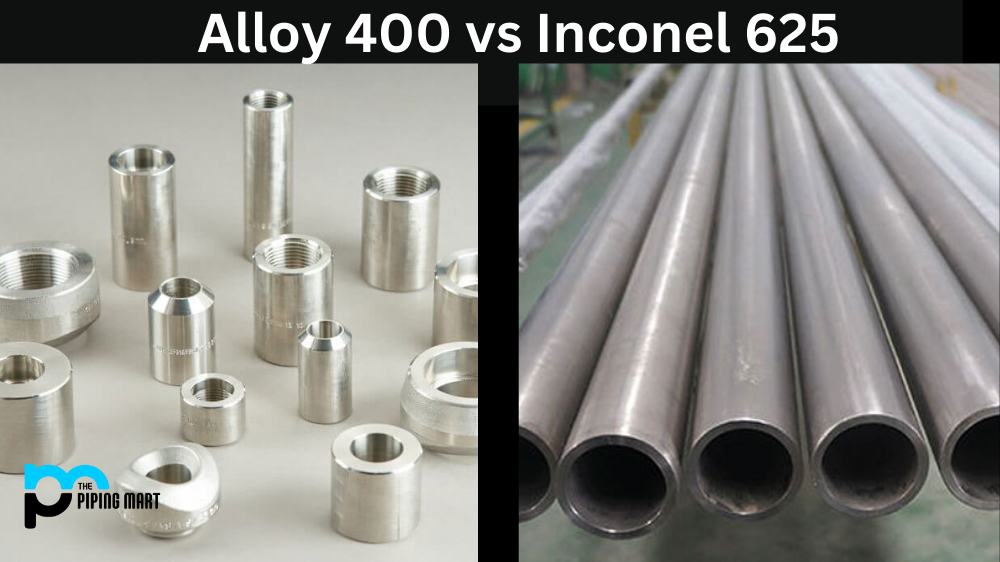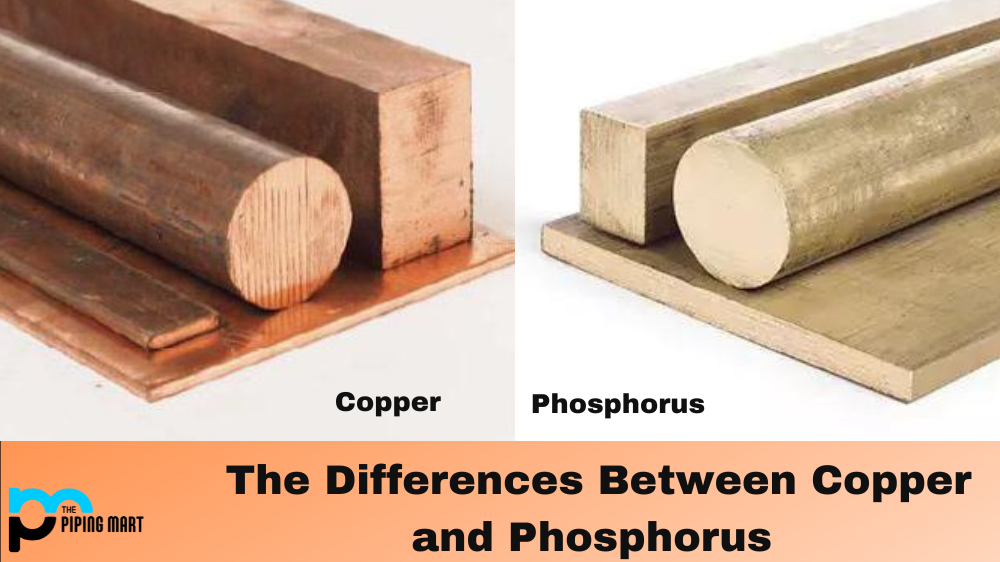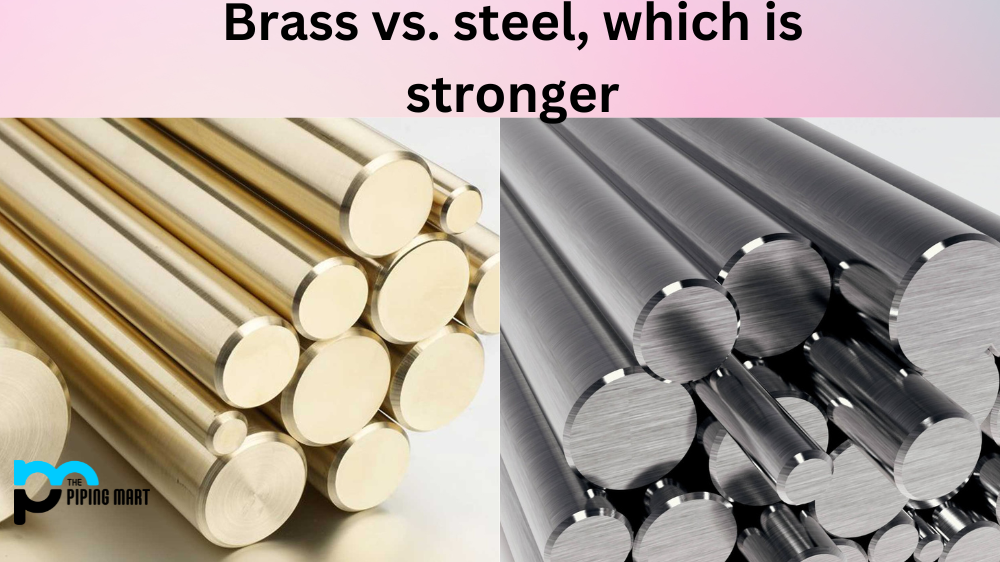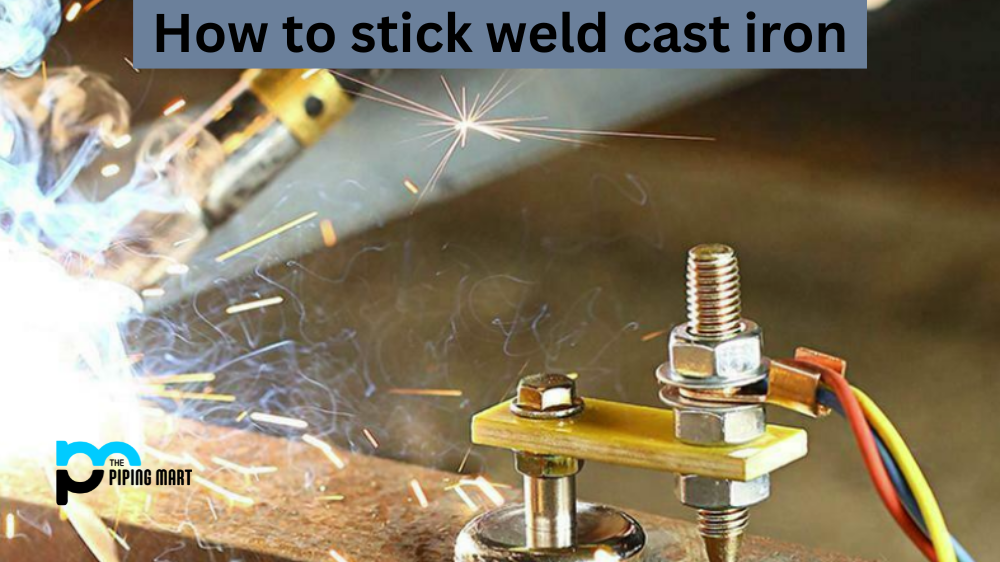Choosing the suitable alloy for your application can make all the difference. Whether working with highly corrosive materials, dealing with extreme temperatures, or tackling a challenging environment, the suitable alloy can help you do the job right. Two of the most popular alloys in the industry are Alloy 400 and Inconel 625. In this blog post, we’ll take a closer look at each alloy, its properties, and its key differences so that you can make an informed decision for your application.
Alloy 400
Alloy 400, also known as Monel 400, is a nickel-copper alloy resistant to corrosion and has excellent strength and toughness. Due to its extraordinary resistance to stress corrosion cracking and pitting, it is mainly used in seawater, chemical processing, and hydrocarbon processing industries. Its high purity makes it ideal for marine pumps, water tanks, and valves. Alloy 400 is also widely used in electronic components and aerospace applications.
Inconel 625
Inconel 625, on the other hand, is a nickel-based alloy that has excellent strength, hardness, and corrosion resistance. It is primarily used in high-temperature applications and is known for its exceptional anti-corrosion properties, making it a perfect choice for the chemical and petrochemical industries. Inconel 625 has a high melting point, making it suitable for extreme applications such as nuclear reactors and aerospace components.
Difference Between Alloy 400 and Inconel 625
Properties
Alloy 400 has a lower melting point and is more ductile than Inconel 625, making fabricating and forming easier. On the other hand, Inconel 625 has much better high-temperature properties than Alloy 400, making it the ideal choice for applications that require excellent strength at extreme temperatures.
Corrosion Resistance
The corrosion resistance of both alloys is also a key factor to consider. Alloy 400 has excellent saltwater resistance and low corrosion rates in acidic and oxidizing environments. Inconel 625, on the other hand, exhibits exceptional resistance to corrosion in a wide range of settings, including seawater, acids, and even high-temperature gases. It is also resistant to stress corrosion cracking and pitting, making it ideal for harsh environments.
Cost
In terms of cost, Alloy 400 is generally less expensive than Inconel 625. However, this can vary depending on the specific application and requirements. It’s essential to factor in the cost of materials, fabrication, and maintenance when choosing the suitable alloy, as this can affect the overall cost of your project.
Other Differences
- Alloy 400 is a nickel-copper alloy with excellent corrosion resistance in various media, including salt water, acid environments, and high-temperature atmospheres.
- Inconel 625 is a nickel-chromium alloy with outstanding corrosion resistance in oxidizing and reducing environments.
- Alloy 400 is typically used in marine applications, chemical processing, and food processing equipment.
- Inconel 625 is often used in aircraft exhaust systems, chemical processing equipment, and marine engineering applications.
- Alloy 400 offers excellent weldability and can be quickly joined to other metals using standard welding techniques.
- Inconel 625 can be welded using gas tungsten arc welding (GTAW), gas metal arc welding (GMAW), or shielded metal arc welding (SMAW) methods.
- Alloy 400 is available in various forms, including plate, sheet, strip, bar, wire, and forgings.
- Inconel 625 is available in plate, sheet, strip, bar, wire, forgings, and tubing form.
Conclusion
Choosing the suitable alloy for your application is crucial to its success. While Alloy 400 and Inconel 625 have exceptional properties, they have some key differences. Alloy 400 has excellent corrosion resistance and is much more ductile, making it easier to fabricate and form than Inconel 625. However, Inconel 625 has better high-temperature properties, making it ideal for extreme applications. Ultimately, the suitable alloy will depend on your specific requirements, so it’s essential to consult with a trusted supplier to determine which option is best for your application.

Abhishek is a seasoned blogger and industry expert, sharing his insights and knowledge on various topics. With his research, Abhishek offers valuable insights and tips for professionals and enthusiasts. Follow him for expert advice on the latest trends and developments in the metal industry.




